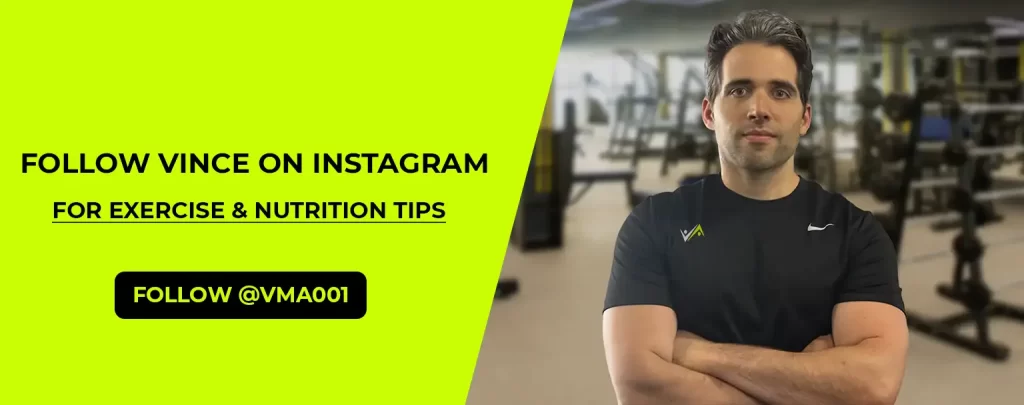Table of Contents (_workinprogress_)
Losing weight is a hot topic these days. With so many diets and exercise plans out there, it’s easy to get confused. But don’t worry! In this post, we’ll break down the science of weight loss into simple terms that anyone can understand.
The Basic Rule: Calories In vs. Calories Out
At its heart, weight loss comes down to one simple rule:
To lose weight, you need to burn more calories than you eat.
Think of your body like a bank account. When you eat food, you’re depositing calories. When you move around and exercise, you’re withdrawing calories. To lose weight, you need to withdraw more than you deposit. [1]
Understanding Calories
Calories are just a way to measure the energy in food. Different types of food have different amounts of calories:
- Carbs and proteins have 4 calories per gram
- Fats have 9 calories per gram
This is why fatty foods often have more calories – they pack more energy into a smaller package.
How Your Body Burns Calories
Your body burns calories in a few ways:
- Just by Being Alive: Even when you’re sleeping, your body burns calories to keep your heart beating and your lungs breathing. This is called your “basal metabolic rate” or BMR.
- Moving Around: Every time you move, you burn calories. This includes everything from walking to the fridge to doing jumping jacks.
- Digesting Food: Believe it or not, you burn some calories just by eating and digesting food!
- Exercising: When you exercise on purpose, like going for a run or lifting weights, you burn extra calories.
Why Losing Weight Can Be Tricky
While the “calories in vs. calories out” rule is simple, there are a few things that can make weight loss challenging.
Your Body Adapts
As you lose weight, your body might slow down its metabolism to conserve energy. This is like your body going into “energy-saving mode.” It can make losing weight harder over time.
Muscle Matters
Muscle burns more calories than fat, even when you’re resting. This is why building some muscle through exercise can help with weight loss.
Hormones Play a Role
Your body has hormones that control hunger and fullness. Sometimes these can get out of balance, making you feel hungrier than you should be.
Everyone is Different
Due to genetics, some people naturally burn more or fewer calories than others. But remember, genetics isn’t destiny – it’s just one piece of the puzzle.
Simple Strategies for Weight Loss
- Eat a Bit Less: Try to reduce your portions slightly. Even a small reduction in calories can lead to weight loss over time.
- Move a Bit More: Find ways to be more active in your daily life. Take the stairs instead of the elevator, or go for a walk during your lunch break.
- Choose Filling Foods: Foods high in protein and fiber can help you feel full with fewer calories. Think lean meats, beans, fruits, and vegetables.
- Drink Water: Sometimes we think we’re hungry when we’re actually thirsty. Drinking water can help you feel full and avoid unnecessary snacking. [2]
- Get Enough Sleep: Lack of sleep can mess with your hunger hormones, making you feel hungrier. Aim for 7-9 hours of sleep each night.
- Manage Stress: Stress can lead to overeating for some people. Find healthy ways to relax, like deep breathing or going for a walk.
- Be Patient: Healthy weight loss takes time. Aim to lose 1-2 pounds per week for sustainable results.
The Truth About Diets
You’ve probably heard of lots of different diets – low-carb, low-fat, keto, and more. Here’s the truth: any diet can work for weight loss if it helps you eat fewer calories than you burn. The best diet is one that you can stick to long-term.
The Importance of Exercise
While diet is the most important factor for weight loss, exercise is still crucial. It helps you burn extra calories, build muscle, and improve your overall health. Plus, it can make you feel great!
Try to include both cardio (like walking, jogging, or swimming) and strength training (like push-ups or lifting weights) in your routine.
Conclusion: Keep It Simple and Consistent
Losing weight doesn’t have to be complicated. Remember these key points:
- Burn more calories than you eat
- Choose nutritious, filling foods
- Be more active in your daily life
- Be patient and consistent
Everyone’s weight loss journey is different. What works for one person might not work for another. It’s okay to try different approaches until you find what works best for you.
Remember, the goal isn’t just to lose weight, but to become healthier overall. Small, consistent changes to your diet and activity level can lead to big improvements in your health over time.
Before starting any new diet or exercise program, especially if you have any health conditions, it’s always a good idea to chat with your doctor. They can give you personalized advice to help you reach your goals safely and effectively.
External Links
[1] WebMD – Calorie Deficit: A Complete Guide – click here.
[2] Seattle Times – Hunger vs. thirst: Are you eating when you should be drinking? – click here.

Vince Alessia
Fitness & Nutrition Expert
As his passion for health and wellness grew, Vince went on to pursue a bachelors degree in Nutrition at the University of Illinois at Chicago as well as becoming a Certified Personal Trainer. Believing in continuing education, he did not stop there, he also received his certification from the National Academy of Sports Medicine.



